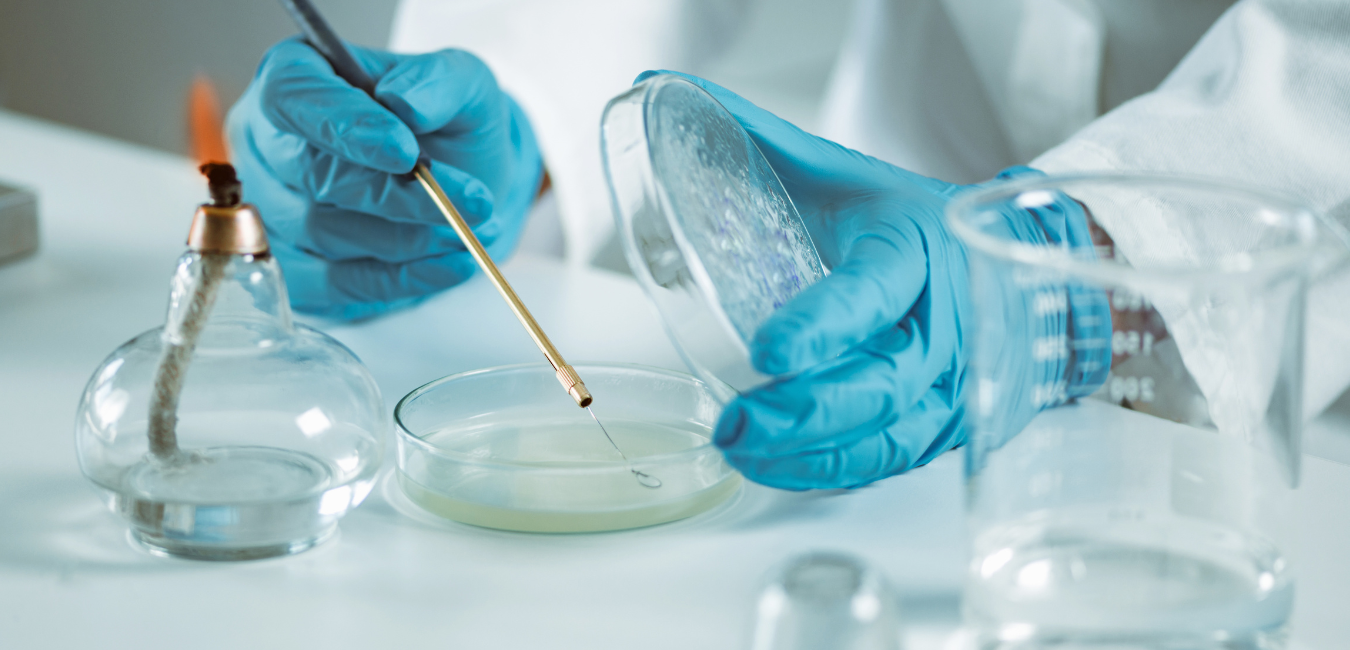Meet the team at NHLI!
Blog Article by In2scienceUK participant Angela
Prof. Jane Davies is a professor of Paediatric Respirology and Experimental Medicine at Imperial College London’s National Heart and Lung Institute, as well as an honorary consultant at the Royal Brompton hospital. She runs an interdisciplinary team of scientists, physiologists, doctors and clinical trials specialists that conduct research into Cystic Fibrosis.
During my placement I observed all the different members in the team. I was given a tour of the labs and the CF clinics. This enabled me to ask questions and understand the role of each member by learning a bit about their work. As I am interested in medicine it showed me the ways you can be a doctor who also undertakes scientific research. Learning that STEM career pathways are so flexible gave me a real insight into what options are available to me.
One member’s work that stood out was PhD student Alice Collins. Alice studies the bacterium Pseudomonas aeruginosa, which is the most common cause of long-term respiratory infections associated with CF. This is significant as Pseudomonas is a strain of bacteria very commonly found in our environment, such as in the soil… or even in the water that we drink! Pseudomonas doesn’t harm healthy people but the thick, sticky mucus in CF lungs allows it to colonise and take over the lung, reducing lung function and leading to lung transplants.
Alice researches the factors that allow Pseudomonas to dominate the lungs at a molecular level by analysing the DNA sequences and toxic proteins they produce which allow competition with other bacteria. This trailblazing research helps us understand how Pseudomonas settles in the lungs and to identify targets for new treatments.
The field of microbiology is ever so increasingly valuable. The COVID pandemic affected all of us, it shut down everything and exposed a big lack of resources. People hospitalised couldn’t be treated because few antiviral treatments are available, which resulted in a lot of deaths. COVID raised awareness of how infectious diseases can impact the world and the importance of microbiology research which allows the manufacturing of vaccines and treatments. By 2050, millions of people will die from emerging infectious diseases if these issues aren’t addressed. Taking action now and conducting more research is not only beneficial but crucial to our futures. Microbiologists have the skill and dedication, but research cannot proceed without funds and support from charities, funding bodies and the government.
The field of microbiology brings so much hope because it shows us that anything can be tackled. During the pandemic, the vaccine rollout was so quick and saved millions of lives. We now have the power to be able to treat the genetic root of chronic conditions such as CF with new treatments that have been developed such as Kaftrio, which could lengthen the lifespan of people living with CF and change so many people’s lives in the process. I have a profound sense of admiration for Prof. Jane Davies, the team at Imperial and their phenomenal research.
